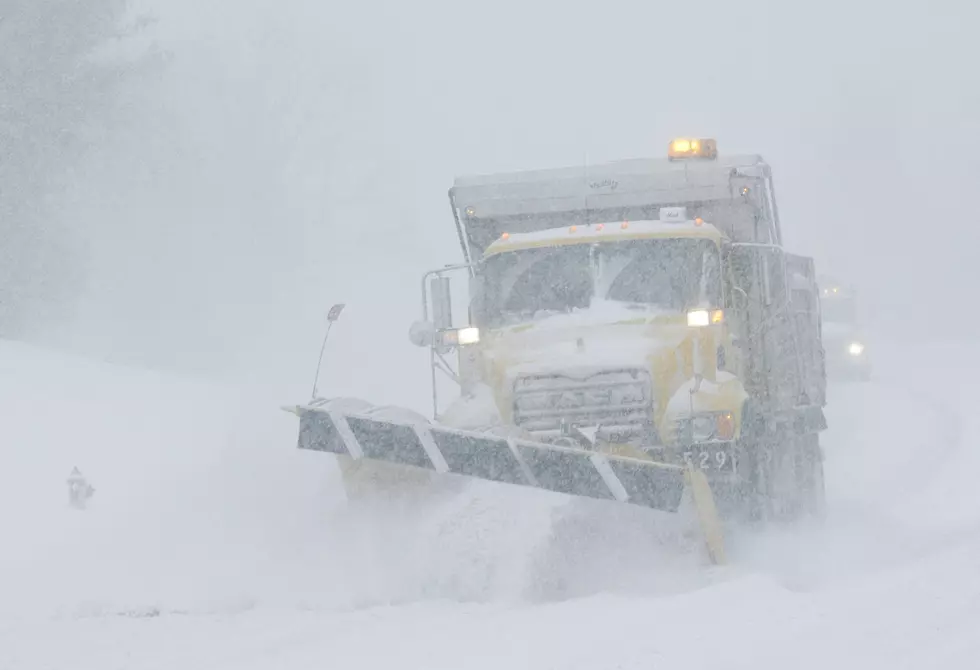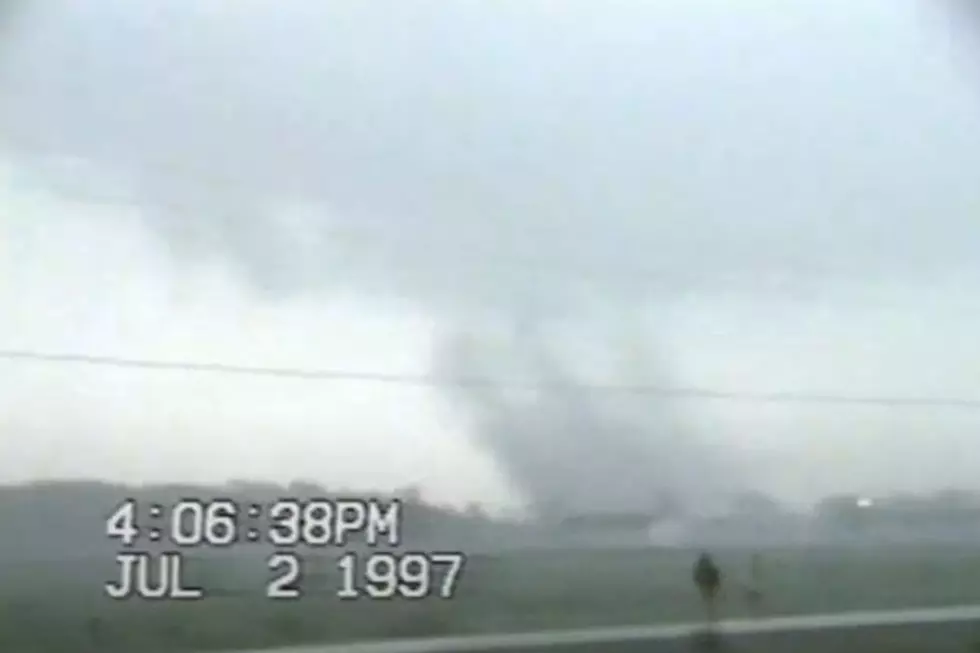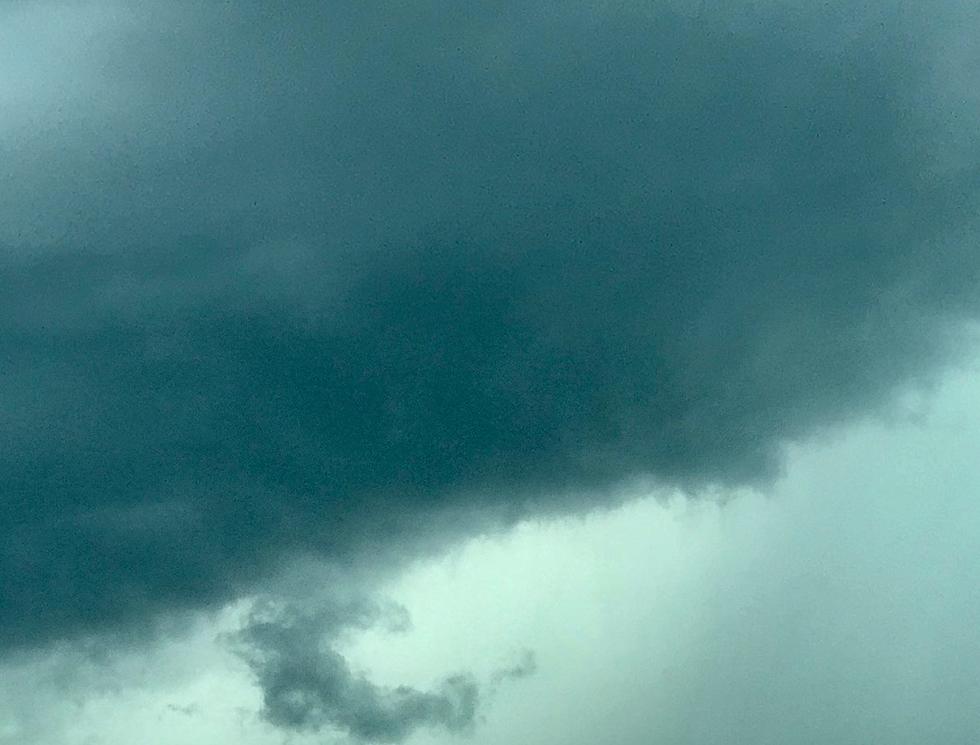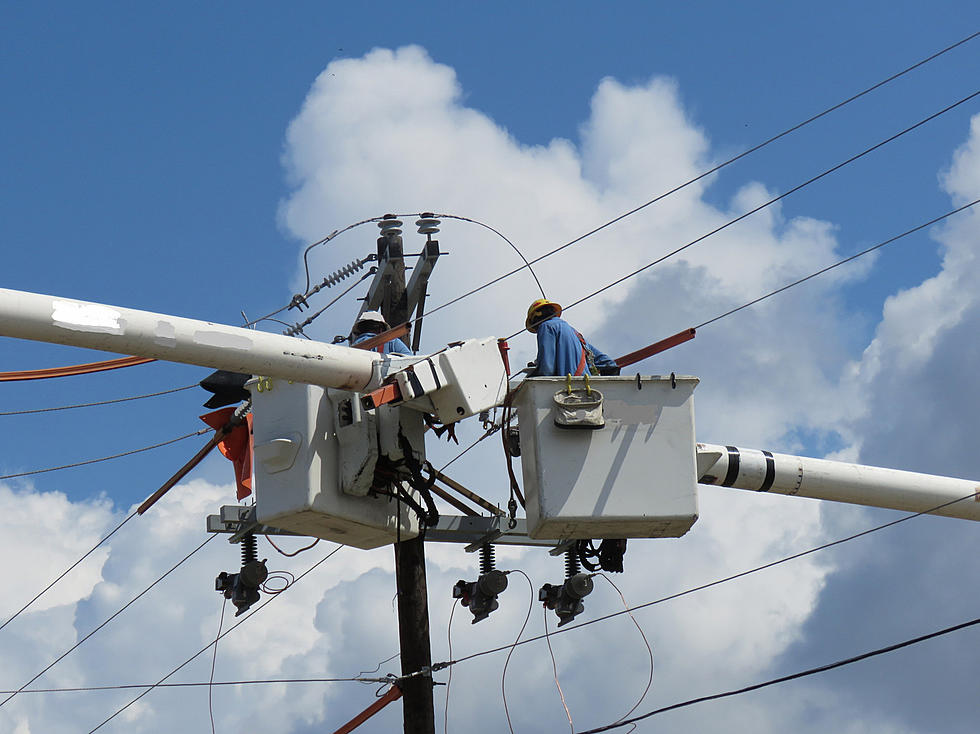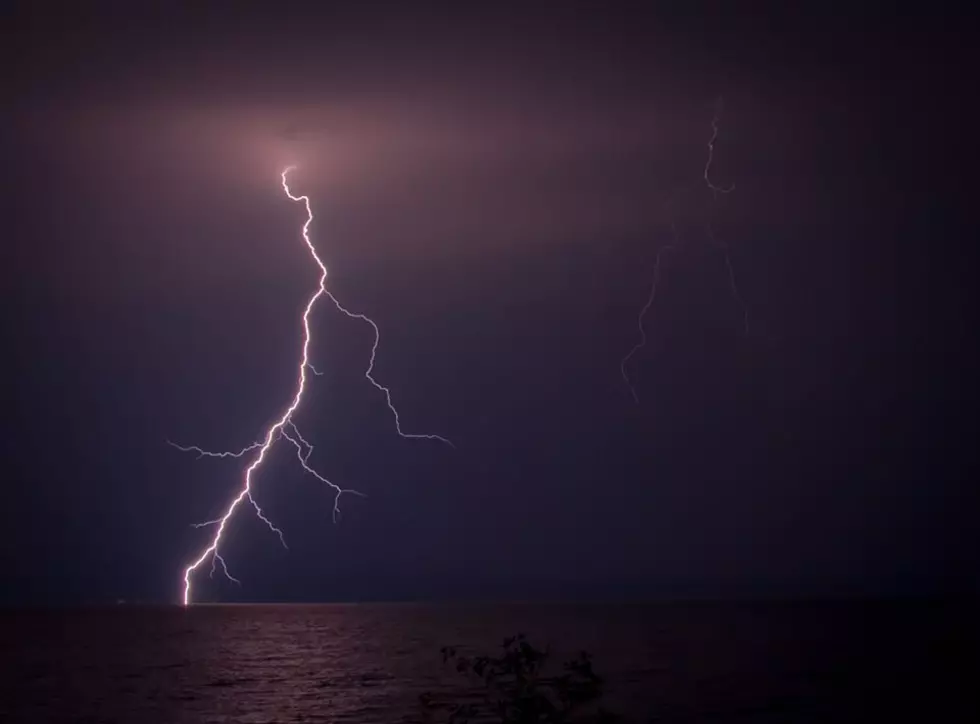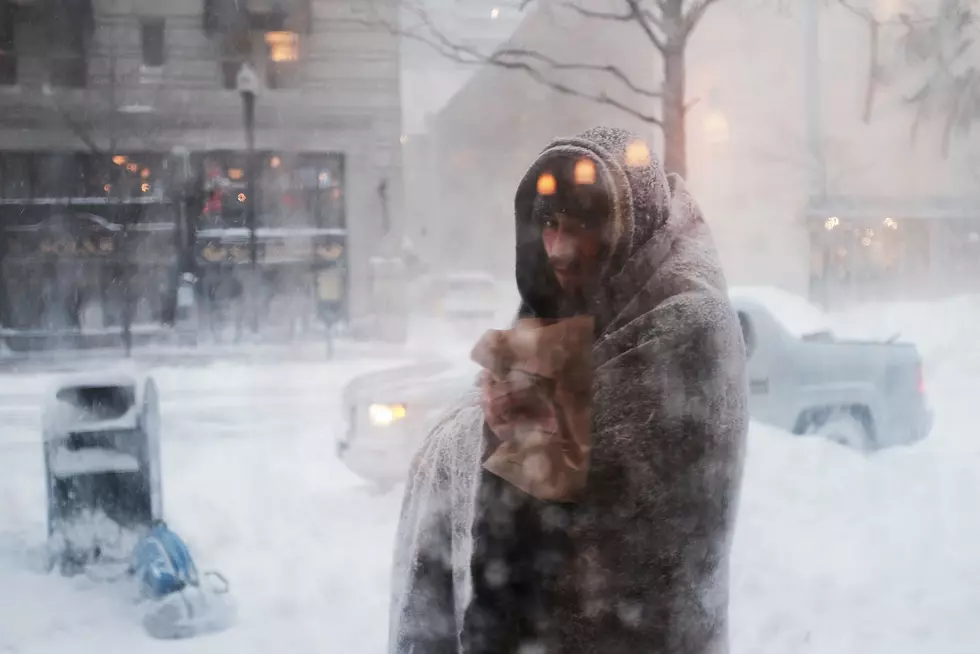
A State of Emergency Has Been Ordered By The Gov. For Michigan
The winter weather in Michigan is cause for concern.
WWMT.com is reporting that the state of Michigan is under a "state of emergency" due to the extreme cold temperatures we will be experiencing over the next few days..
Gov. Gretchen Whitmer signed an order declaring a state of emergency Monday ahead of forecasts that predict "sub-zero temperatures over the next few days," according to a release from the Executive Office of the Governor.
Jeff Porter from Channel 3 news reported what we have to look forward too...
Tuesday: Lake effect snow showers, frigid, and windy. Morning highs in the middle teens then falling to near 5 degrees above zero with wind chills of -20 degrees or colder.Tuesday Night: Lake effect snow showers, frigid, and windy. Near record lows around -10 degrees with wind chills from -30 to -40 degrees.Wednesday: Lake effect snow showers continue, dangerously cold, and windy. Near zero to -5 degrees.Thursday: Near record lows around -10 to -15 degrees in the morning. Lake effect snow showers taper off in the afternoon, brutally cold, and breezy. Near 0 degrees to 5 degrees above zero.
The State of Emergency will "help address threats to public health and safety related to forecast sub-zero temperatures over the next few days."
Here is how to take care of yourself during these incredibly low temperatures outside...
- Limit your time outside. If you need to go outside, wear layers of warm clothing. Watch for signs of frostbite and hypothermia.
- Signs of frostbite include: loss of feeling and color around the face, fingers and toes, numbness, white or grayish-yellow skin, firm or waxy skin.
- Signs of hypothermia include: shivering, exhaustion, confusion, fumbling hands, memory loss, slurred speech or drowsiness.
- Avoid carbon monoxide poisoning. Only use generators and grills outdoors and away from windows. Never heat your home with a gas stovetop or oven.
- Reduce the risk of a heart attack. Avoid overexertion when shoveling snow.
- Check on neighbors. Older adults and young children are more at risk in extreme cold.
- Pets are also at risk for cold weather injuries and should be kept indoors.
- If travel is necessary, keep a full tank of gas and an emergency preparedness kit in your vehicle. Put warm clothing, such as gloves, blankets and hats, and a cell phone charger in your kit.
Stay warm, cuddle up and we can all make it through the next few days!
More From WBCKFM
